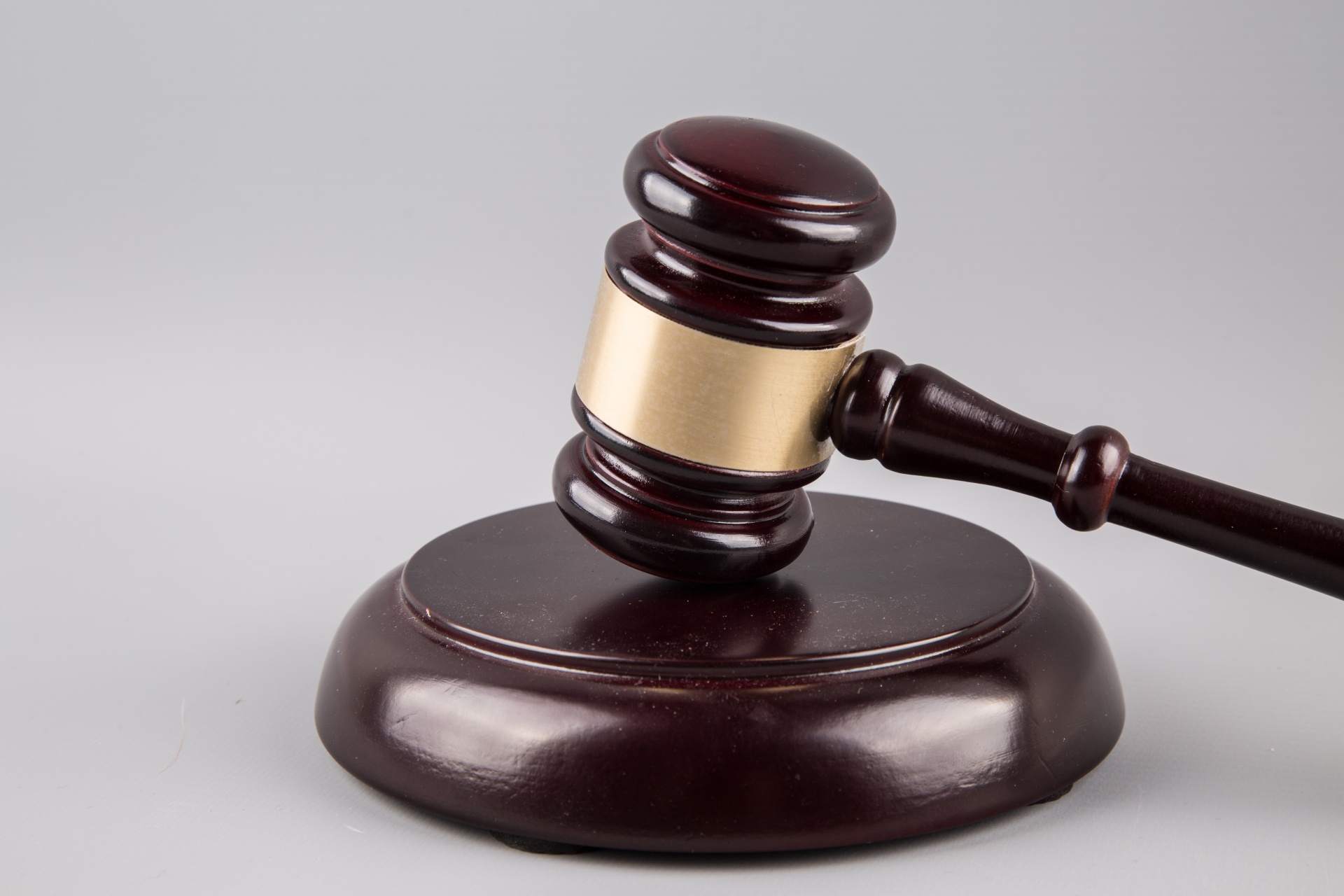Minnesota Regulators Will not Appeal Ruling on Enbridge Project
MINNEAPOLIS (AP) — Minnesota utility officials won’t appeal a ruling that shot down their approval of an environmental impact statement for Enbridge Energy’s plan to replace an aging crude oil pipeline.
Instead, the Minnesota Public Utilities Commission said Wednesday that it will try to fix flaws in its environmental review, according to the Star Tribune.
The $2.6 billion replacement pipeline would carry Canadian crude from Alberta across northern Minnesota to Enbridge’s terminal in Superior, Wisconsin, which sits near the westernmost tip of Lake Superior. Enbridge wants to replace the current Line 3, which was built in the 1960s, because it is increasingly subject to corrosion and cracking, and runs at only about half its original capacity for safety reasons.
Environmental and tribal groups fighting the project argue that it risks oil spills in pristine areas of the Mississippi River headwaters region where Native Americans gather wild rice, and that the Canadian tar sands oil that the line would carry accelerates climate change.
The Minnesota Court of Appeals ruled last month that state regulators must conduct a further review because the project’s environmental impact statement doesn’t address the possibility of an oil spill into the Lake Superior watershed.
Wednesday was the deadline for the Public Utilities Commission, Enbridge or any other party to appeal the decision to the state Supreme Court. Calgary-based Enbridge also has not asked for a Supreme Court review.
Commission chairwoman Katie Sieben said in a statement that the commission “has concluded the public interest will be best served by addressing the deficiency identified in the Court of Appeals decision rather than appealing to the Minnesota Supreme Court.”
Sieben said the commission will seek public comment and “work expeditiously” to address the issue. She offered no timeline.
The commission approved the environmental impact statement in March 2018, and then approved a “certificate of need”— the most important permit — in June 2018. Both decisions were appealed by environmental groups and some Ojibwe tribes. The appeals court ruled last week it would put the appeal of Enbridge’s certificate of need on hold while the environmental impact statement issue was pending.
Enbridge had projected the pipeline would be operating later this year. But with delays in other state permits, the line is now expected to open sometime in 2020.
Related News
Related News

- Keystone Oil Pipeline Resumes Operations After Temporary Shutdown
- Biden Administration Buys Oil for Emergency Reserve Above Target Price
- Freeport LNG Plant Runs Near Zero Consumption for Fifth Day
- Enbridge to Invest $500 Million in Pipeline Assets, Including Expansion of 850-Mile Gray Oak Pipeline
- Mexico Seizes Air Liquide's Hydrogen Plant at Pemex Refinery
- Evacuation Technologies to Reduce Methane Releases During Pigging
- Editor’s Notebook: Nord Stream’s $20 Billion Question
- Enbridge Receives Approval to Begin Service on Louisiana Venice Gas Pipeline Project
- Mexico Seizes Air Liquide's Hydrogen Plant at Pemex Refinery
- Russian LNG Unfazed By U.S. Sanctions





Comments